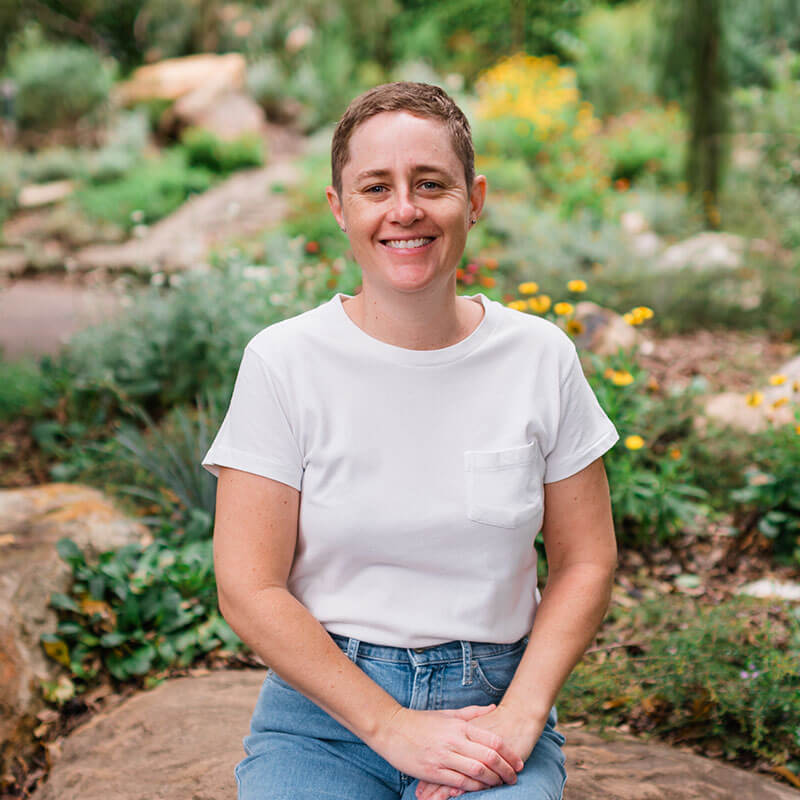When I first meet a new couple, I often ask them what they think makes for a good relationship. Sometimes they find this to be an interesting question and have to think about their answer. I also ask clients who are dating what they are looking for in a relationship, what they think is going to work well for them. So, what are the components that we know make a relationship and make it good. Doctors John and Julie Gottman have done some remarkable research over the past four decades developing the Sound Relationship House and Gottman Method Couples Therapy. Here is an overview of the Sound Relationship House.
There are three core components to a relationship:
- Friendship
- Conflict (yes, conflict)
- Meaning
Unsurprisingly, each component can influence the others.
1. Friendship
Intimate relationships begin with friendship, or at least they tend to fare better when they do, which is why this is the foundation of the Sound Relationship House. Friendship involves Love Maps, Fondness and Admiration, Turning Towards (or Away), and the overall sentiment experienced, positive or negative.
Love Maps relates to how well you feel you know your partner, and how well you feel known by them. This develops at the beginning of a relationship as you get to know each other and create a map in your mind of each other’s inner world. Sometimes when the beginning of a relationship moves particularly quickly, this can become a challenge later on. Love Maps also need to be updated. Over the course of a long-term relationship a person’s ideas and values evolve so it is important to keep getting to know your partner.
Fondness & Admiration is how much you like each other, and how liked you feel by each other. Often a couple really like and value each other, however this positive feeling isn’t expressed for one reason or another. Other times, things may have happened that have shifted their feeling towards each other, and they forget why they fell in love in the first place. A shift in focus to what you do like about your partner and expressing these appreciations out loud, can go a long way to fostering a good feeling within the relationship.
Turning Towards or Away refers to how each partner responds to the other’s bids for connection. A bid for connection can be many things from ‘how was your day?’ or ‘would you like a cup of tea?’ to ‘lets plan our next holiday together’. The Gottman’s have done much research on how partners turn towards or away from each other’s bids for connection and the evidence is clear that this greatly influences the quality of a relationship including trust, intimacy, and passion. Happy couples tend to turn towards each other’s bids for connection about 86% of the time, whereas unhappy couples turn towards each other’s bids for connection only 33% of the time. Turning away from or not noticing bids leads to deep feelings of loneliness.
See video here: https://www.youtube.com/watch?v=ib7Ain2aVR0
These three components of friendship (Love Maps, Fondness & Admiration, and Turning Towards or Away) influence the fourth element, Perspective or Sentiment. When the first three components are functioning well, couples tend to have a positive perspective of or sentiment towards their relationship. They are more likely to give their partner the benefit of the doubt and interpret neutral things in a positive light. However, when any or all of the first three components become a challenge, a relationship can slide into negative sentiment, or a negative perspective of the relationship. This negative perspective can influence how a person interprets their partner’s behaviour. A person with a negative perspective is unlikely to give the benefit of the doubt and are more likely to interpret neutral interactions through a negative lens. As negative perspective compounds it can also shift a person’s memory of the beginning of the relationship to see ‘red flags’ that they may not have seen as such at the time.
2. Conflict
The middle of the Sound Relationship House is the Conflict system. A person’s family of origin can greatly influence their understanding of what conflict should look like, or even if there should be any at all. How a couple have difficult conversations and reach agreements influences all areas of the relationship. Couples who experience high conflict may use what John Gottman calls the Four Horsemen of the Relationship Apocalypse (for more information about the Four Horsemen click here), become stuck in gridlock and find themselves unable to resolve differences.
There are always differences in a relationship; research show that 69% of problems in a relationship are perpetual (have no clear solution) and require ongoing dialogue. This is simply a result of natural human differences of experience and perspective.
If conflict escalates, one or both partners may experience Flooding, a state of physiological arousal where the prefrontal cortex (the reasoning part of the brain) goes offline, making it extremely difficult to reach agreement about differences. The ability to take a break, self-soothe and come back to the conversation can make a big difference to a couple’s ability to find resolutions.
Occasionally I will meet a couple who say they ‘don’t fight’ but feel like housemates. This is an equally significant challenge as high conflict because issues in the relationship still aren’t being dialogued or resolved, and both partners tend to feel deeply lonely. Being able to reach agreements in a helpful way builds trust and intimacy in a relationship. It updates Love Maps and expresses Fondness and Admiration for your partner and their perspective thus bolstering the Friendship system. If you’re having trouble ‘fighting fair’ or simply not talking about important things couples therapy with a Gottman Method Couples Therapist may help you develop skills to navigate conflict in good way.
3. Meaning
The top level of the Sound Relationship House is Meaning. This relates both to feeling supported by your partner in your individual dreams and goals, and a sense of shared purpose in the relationship (why you are together). This sense of shared meaning is fostered through the friendship and conflict systems. It comes with a shared understanding of things like your roles in life (as partners, parents, siblings, etc.), your life goals (family, career or travel), and symbolism (such as what home or work means). This understanding happens in the time you spend together; an important component of every relationship is what Doctors John and Julie Gottman call Rituals of Connection. This is the time you know with a reasonable degree of certainty that you will get to spend emotionally connecting with your partner. It includes things like the ‘How was your day Dear?’ conversation, how you spend your weekends together, organise vacations, and even run errands.
Often when a couple’s conflict gets really stuck, it comes back to something with a much deeper meaning for one or both partners. Couples who are able to talk these things through and develop a better understanding of each other foster friendship, intimacy and a sense of shared meaning. A relationship with a well-functioning shared meaning system feels stable and secure.
So that’s the inside of the house. The pillars or walls holding up the house are Trust and Commitment. As a deep friendship is forming in the early stages or ‘honeymoon’ phase of a relationship, each partner will be, whether they’re aware of it or not, paying attention to how much they can trust this new person in their life. They will ask themselves questions like: Are they there for me when I need them, can I rely on them, do they do the things they say they will do, do they help me out just because. Trust forms when the answer to questions like these are consistently ‘Yes’. Arguments in the early stages of a relationship are usually about Trust as each partner is working out what the other needs and is capable of providing. As Trust evolves and the couple come to see the relationship as reliable, they become more committed and see the relationship as something that will endure well into the future, possibly forever. Like Love Maps and the other areas of the Sound Relationship House, Trust and Commitment need to be maintained with ongoing positive interactions, consistency and reliability. Trust can be eroded slowly with many small incidents, or completely shattered with one significant incident such as an affair or betrayal. When this is the case, it needs to be rebuilt.
If you feel your relationship could use support in one or more of these areas feel free to find a Gottman Method Couples Therapist here: https://relationshipinstitute.com.au/therapists/ or contact Bonnie Ingram Psychology to book an appointment.



